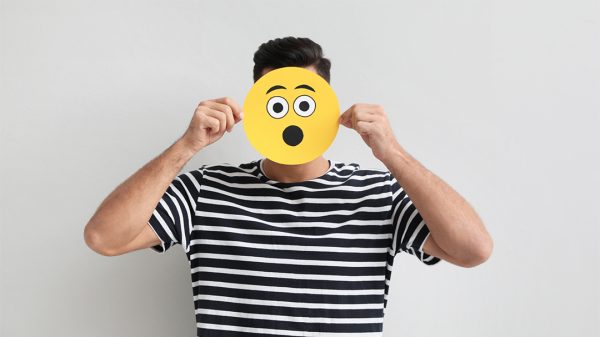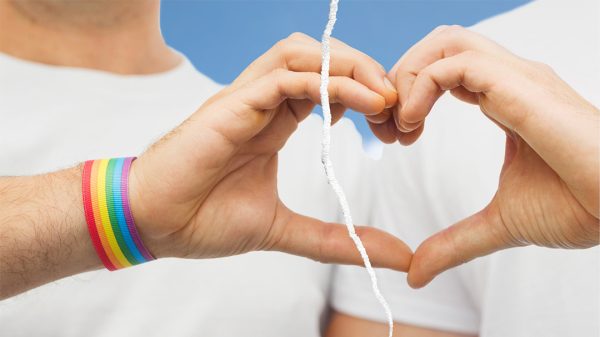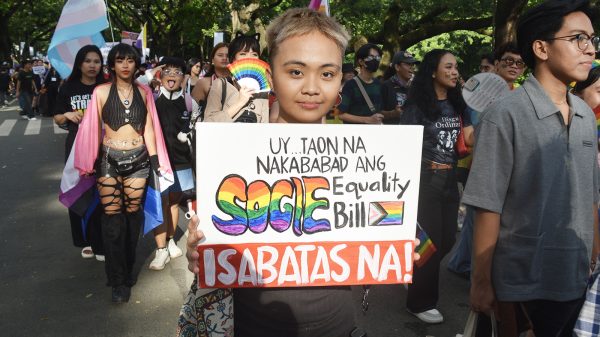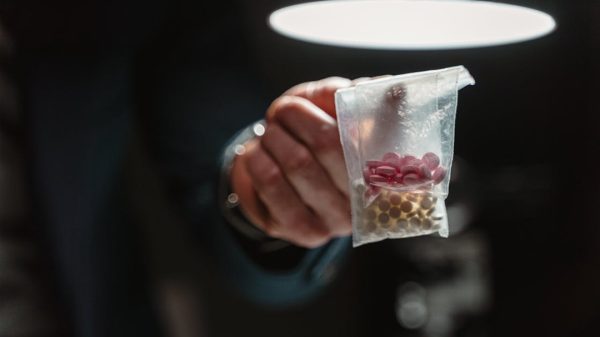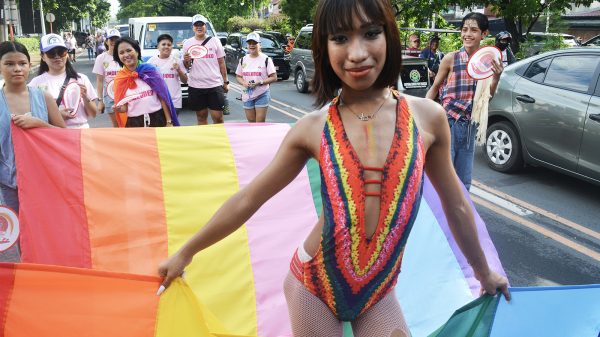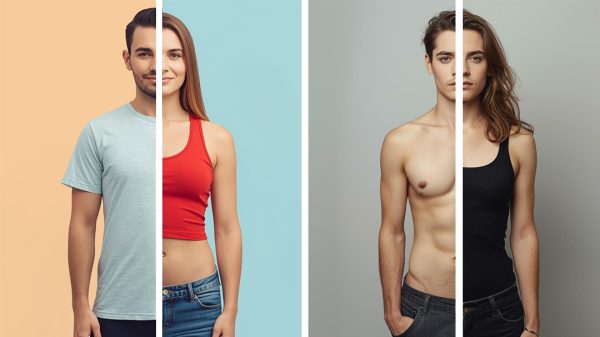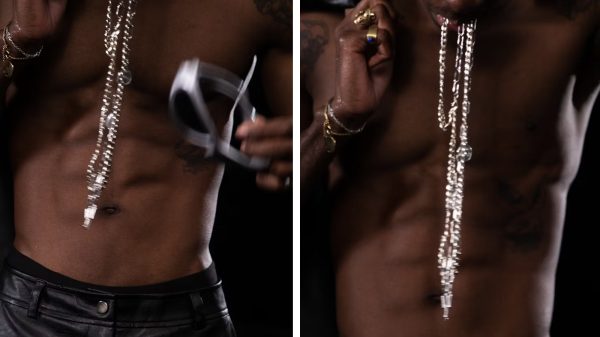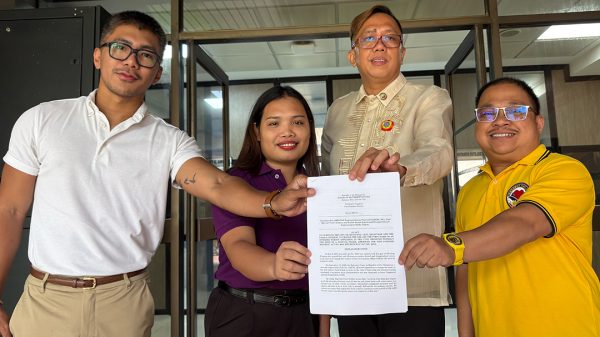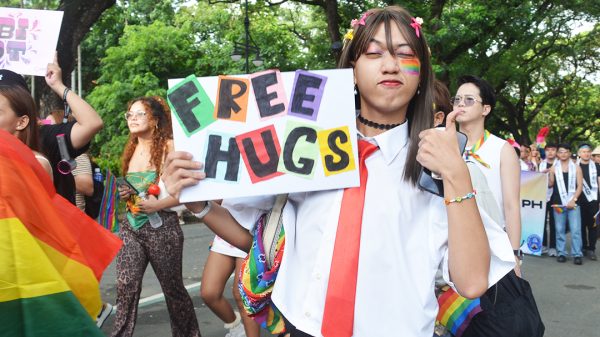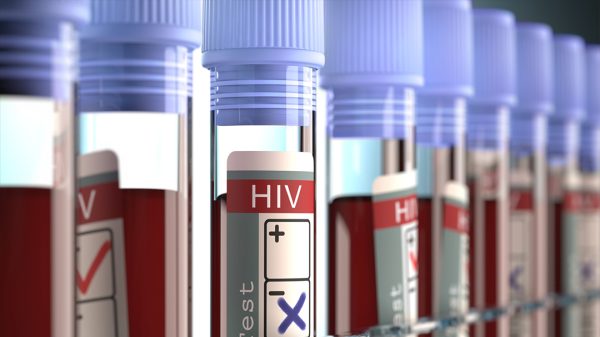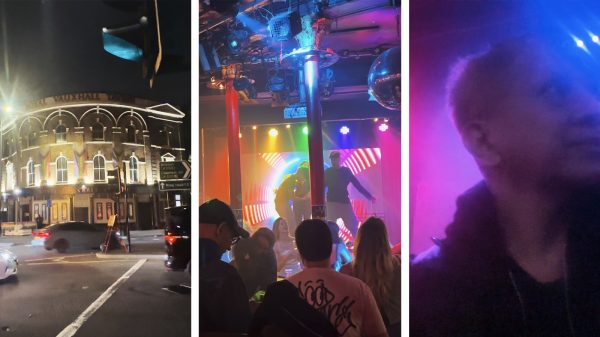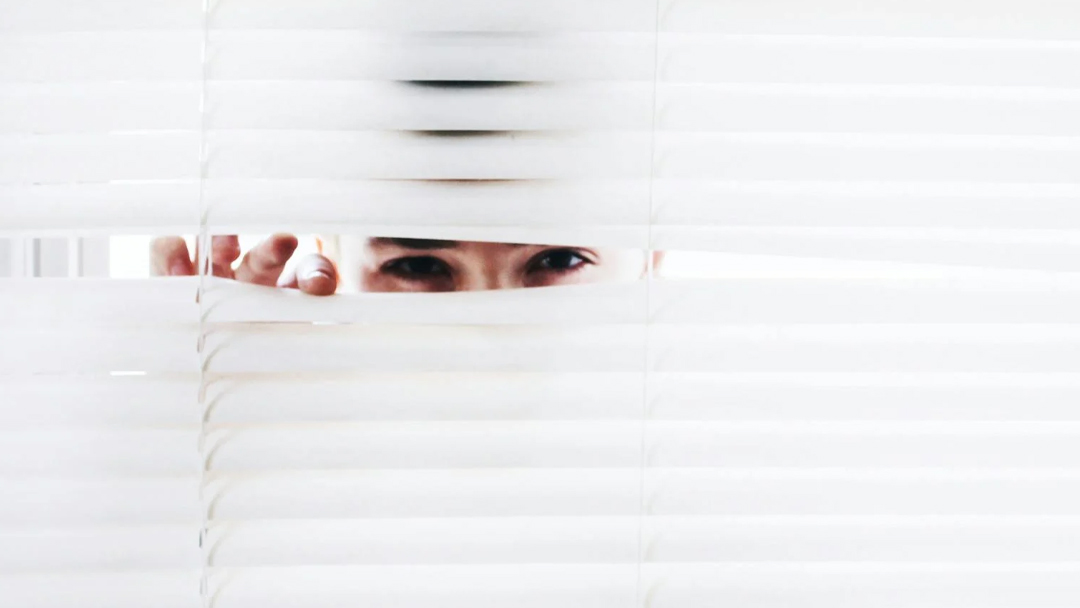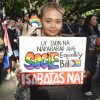Sending a message stressing the importance of privacy and protection from voyeurism, the Supreme Court (SC) of the Philippines affirmed the conviction of a man who secretly took naked videos of his nieces while in their bathroom.
In its decision in G.R. No. 261049 (XXX v. People), the Supreme Court’s Second Division denied the appeal of XXX and sentenced him to imprisonment and tasked him to pay a fine of PhP900,000 for violating Section 4(a) of Republic Act No. 9995 (Anti-Photo and Video Voyeurism Act of 2009). The decision was penned by Associate Justice Mario V. Lopez.
In this case, XXX frequented the house of his nieces AAA, BBB, and CCC while supervising its renovation. But one day, while preparing to take a bath, AAA discovered that she was being filmed through a small hole in a soap box, with a cellular phone owned by XXX. After checking the phone’s contents, she saw several nude videos of herself, her sisters, and her cousin while they were taking a bath in that same bathroom.
After the incident was reported to the barangay, XXX was charged with violation of Republic Act No. 9995. He and was convicted by the Regional Trial Court (RTC), and though the Court of Appeals affirmed his conviction, this prompted the SC appeal.
But as it denied the appeal, the SC stated that it found that all the elements of photo or video voyeurism under Section 4(a) of the Anti-Photo and Video Voyeurism Act of 2009 to be present. Particularly:
- the accused takes a photo or video of the private area of a person such as the naked or undergarment-clad genitals, pubic area, buttocks, or female breast;
- the photo or video was taken without the person’s consent; and
- the person has a reasonable expectation of privacy.
This ought to serve as warning including among LGBTQIA people capturing photos or videos of the private areas of persons sans their consent.


